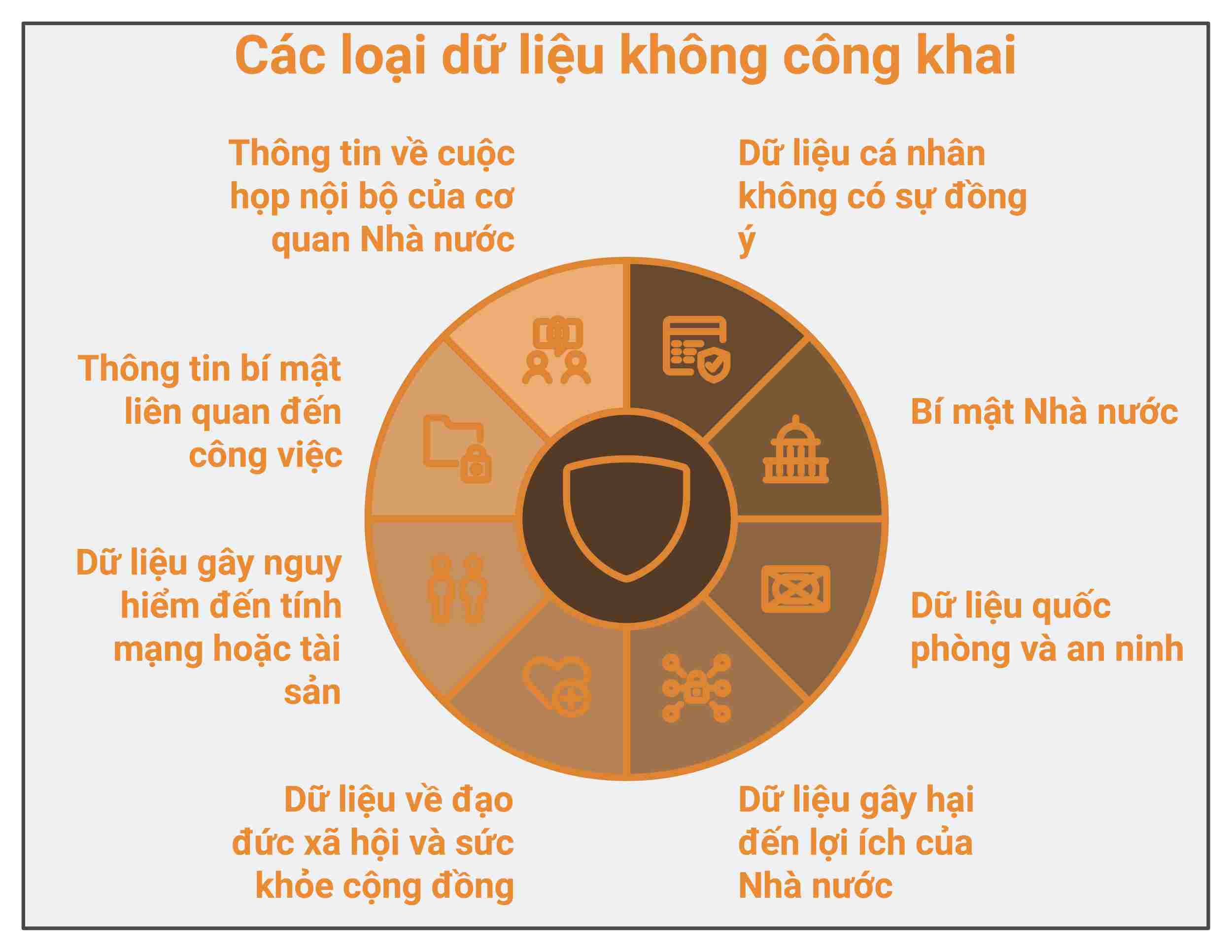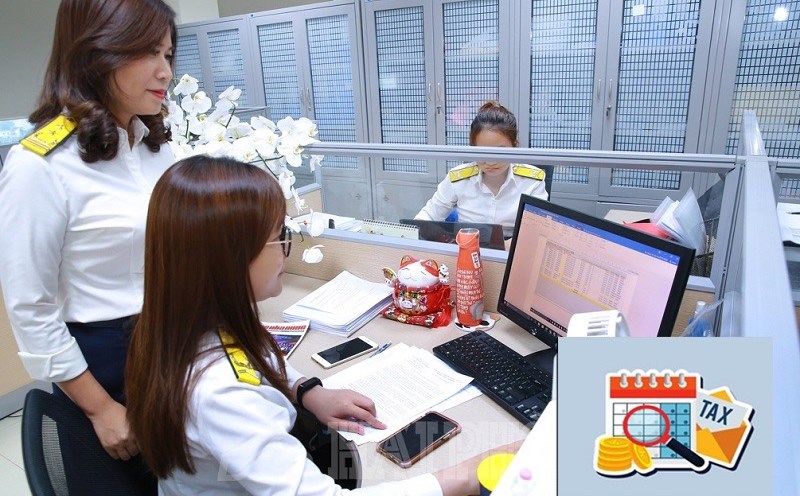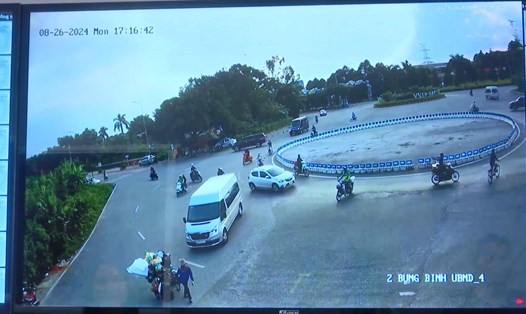
Prevent data misuse
On September 20, Quang Ninh Provincial Police reported that a woman residing in Mong Cai City had her social media account stolen by a criminal. According to the police, when she received a message from a Telegram account and followed the instructions, she clicked on a strange link and the criminal took over her account. She accidentally revealed her information and the criminal used it and stole 2 billion VND that her friend had transferred back.
Not only accidentally leaking information, currently the buying and selling of data, including the buying and selling of bank accounts, is being carried out by criminal organizations. In early August, Tay Ninh Provincial Police dismantled a criminal gang that used cyberspace to commit fraud, illegally buy and sell bank account information, and launder money in an organized, transnational manner. The group of Vietnamese people colluded with foreigners in Cambodia to buy bank accounts to provide to online fraud gangs abroad.
Faced with the above situation, the Ministry of Public Security has drafted the Data Law, in which the drafting agency clearly states 8 groups of data that are not allowed to be made public, including personal data without the consent of the data subject; data that is a State secret; data that affects national defense and security; data that, if made public, will harm the interests of the State and international relations; data that can affect social ethics and public health; endanger the lives, livelihoods or property of others; information that is classified as work secrets; information about internal meetings of State agencies; documents drafted by State agencies for internal work are also in the group that cannot be made public.
The bill also specifies groups of data that are subject to conditional disclosure, including data related to business secrets; private life, personal secrets, and family secrets. Access to this information is only allowed if the subject agrees.
Regarding the development of the Data Law, National Assembly Delegate Nguyen Thi Viet Nga (Hai Duong Delegation) said that it is very necessary at this time. On the other hand, the above proposal meets the need to protect personal data and prevent the misuse of data for bad purposes.

Comments on the proposal “internal meeting information”
The above proposal of the drafting committee has received comments from ministries. In particular, the Ministry of Home Affairs proposed to specify "in necessary cases" which State agencies are allowed to provide data related to business secrets, private life, personal secrets, and family secrets because this content is an inviolable right as stipulated in Article 21 of the 2013 Constitution.
The Ministry of Foreign Affairs suggested that the drafting agency define more clearly the concept of “harmful to the interests of the State and international relations”, because there are regulations on data that, if made public, will harm the interests of the State and international relations. In fact, in many cases, information about the meetings and the above documents need to be published to serve the implementation of tasks within the scope of functions and tasks of that agency.
Therefore, the Ministry of Foreign Affairs recommends that the drafting agency review and consider this provision, possibly adding cases where internal meetings and documents drafted by State agencies cannot be published, for example when the content of internal meetings and documents contain State secrets.
The Ministry of Public Security Office also commented and proposed to study and identify data on internal meetings of State agencies and documents drafted by State agencies for internal work as data that can be disclosed under conditions; It is proposed to clearly stipulate "in case of necessity" in which cases the head of a State agency decides to provide data related to business secrets, private life, personal secrets, and family secrets.
From a legal perspective, lawyer Ha Thi Khuyen - Nhan Chinh Lawyers Office (Hanoi Bar Association) said that the proposal of the drafting committee on 8 groups of data that cannot be made public is in accordance with regulations and has a basis. Because these are data related to personal rights, the reputation of agencies and organizations, to state secrets and national security.
Article 21 of the 2013 Constitution stipulates: “Everyone has the right to inviolability of private life, personal secrets and family secrets; has the right to protect his/her honor and reputation. Information about private life, personal secrets and family secrets is guaranteed by law; Everyone has the right to confidentiality of correspondence, telephone conversations, telegrams and other forms of private information exchange. No one is allowed to illegally open, control or confiscate correspondence, telephone conversations, telegrams and other forms of private information exchange of others”. The Civil Code also protects the personal rights of each person such as: The right to personal image; the right to protection of honor, dignity and reputation... the infringing subject must compensate according to regulations. According to lawyer Khuyen, the above legal documents are the basis for the Ministry of Public Security to propose 8 groups of data that are not allowed to be made public.









